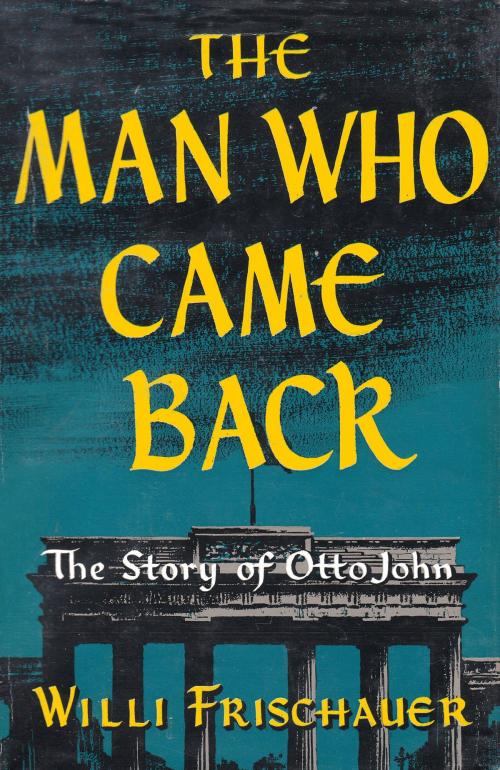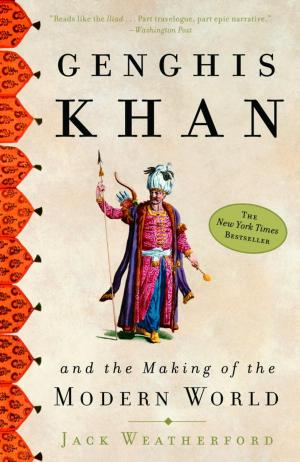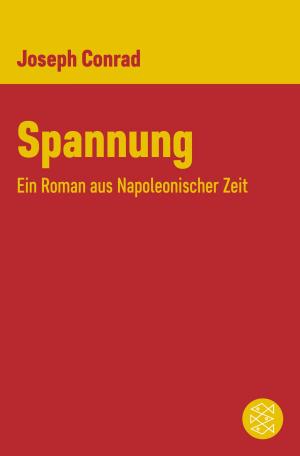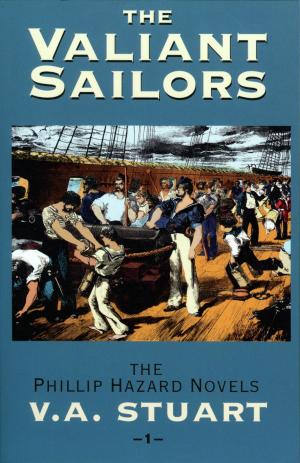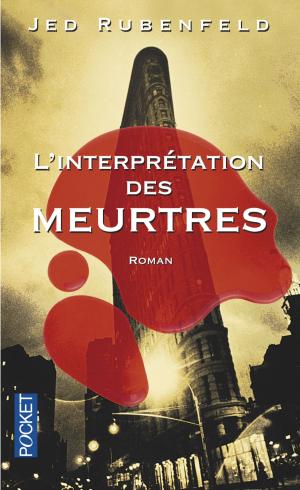The Man Who Came Back
The Story of Otto John
Nonfiction, Social & Cultural Studies, True Crime, Espionage, Social Science, Crimes & Criminals, Biography & Memoir, Historical| Author: | Willi Frischauer | ISBN: | 9781783012824 |
| Publisher: | Unmaterial Books | Publication: | November 29, 2013 |
| Imprint: | Unmaterial Books | Language: | English |
| Author: | Willi Frischauer |
| ISBN: | 9781783012824 |
| Publisher: | Unmaterial Books |
| Publication: | November 29, 2013 |
| Imprint: | Unmaterial Books |
| Language: | English |
The Man Who Came Back, first published in 1958, reads like a modern political thriller. This astonishing - but true - story not only relates the dramatic details of John's youthful opposition against the Nazis, but also gives a full account of his part in the great German wartime conspiracy and bomb plot against Hitler in July 1944. The description of John's hair's-breadth escape to Britain, and his work for the British Black Propaganda organization at The Rookery, Apsley Guise, threw light for the first time on many well-kept war secrets.
Returning to his defeated and divided Fatherland as Chief of West German Intelli¬gence, John was soon involved in the frantic underground warfare of rival espionage organizations; he was also caught up in the East-West conflict of conscience which harassed many of his compatriots. His mysterious 'disappearance' from West Germany and emergence in Com¬munist East Germany, his equally baffling return to the West, and his controversial trial, coincided with important stages in Germany's postwar development.
Was Otto John a criminal and a traitor, or a hero and martyr? That is the question which this exciting book probes. It was a question that concerned not only the fate of one man but the future of Germany, Europe, and, perhaps, the peace of the world.
Returning to his defeated and divided Fatherland as Chief of West German Intelli¬gence, John was soon involved in the frantic underground warfare of rival espionage organizations; he was also caught up in the East-West conflict of conscience which harassed many of his compatriots. His mysterious 'disappearance' from West Germany and emergence in Com¬munist East Germany, his equally baffling return to the West, and his controversial trial, coincided with important stages in Germany's postwar development.
Was Otto John a criminal and a traitor, or a hero and martyr? That is the question which this exciting book probes. It was a question that concerned not only the fate of one man but the future of Germany, Europe, and, perhaps, the peace of the world.
The Man Who Came Back, first published in 1958, reads like a modern political thriller. This astonishing - but true - story not only relates the dramatic details of John's youthful opposition against the Nazis, but also gives a full account of his part in the great German wartime conspiracy and bomb plot against Hitler in July 1944. The description of John's hair's-breadth escape to Britain, and his work for the British Black Propaganda organization at The Rookery, Apsley Guise, threw light for the first time on many well-kept war secrets.
Returning to his defeated and divided Fatherland as Chief of West German Intelli¬gence, John was soon involved in the frantic underground warfare of rival espionage organizations; he was also caught up in the East-West conflict of conscience which harassed many of his compatriots. His mysterious 'disappearance' from West Germany and emergence in Com¬munist East Germany, his equally baffling return to the West, and his controversial trial, coincided with important stages in Germany's postwar development.
Was Otto John a criminal and a traitor, or a hero and martyr? That is the question which this exciting book probes. It was a question that concerned not only the fate of one man but the future of Germany, Europe, and, perhaps, the peace of the world.
Returning to his defeated and divided Fatherland as Chief of West German Intelli¬gence, John was soon involved in the frantic underground warfare of rival espionage organizations; he was also caught up in the East-West conflict of conscience which harassed many of his compatriots. His mysterious 'disappearance' from West Germany and emergence in Com¬munist East Germany, his equally baffling return to the West, and his controversial trial, coincided with important stages in Germany's postwar development.
Was Otto John a criminal and a traitor, or a hero and martyr? That is the question which this exciting book probes. It was a question that concerned not only the fate of one man but the future of Germany, Europe, and, perhaps, the peace of the world.
